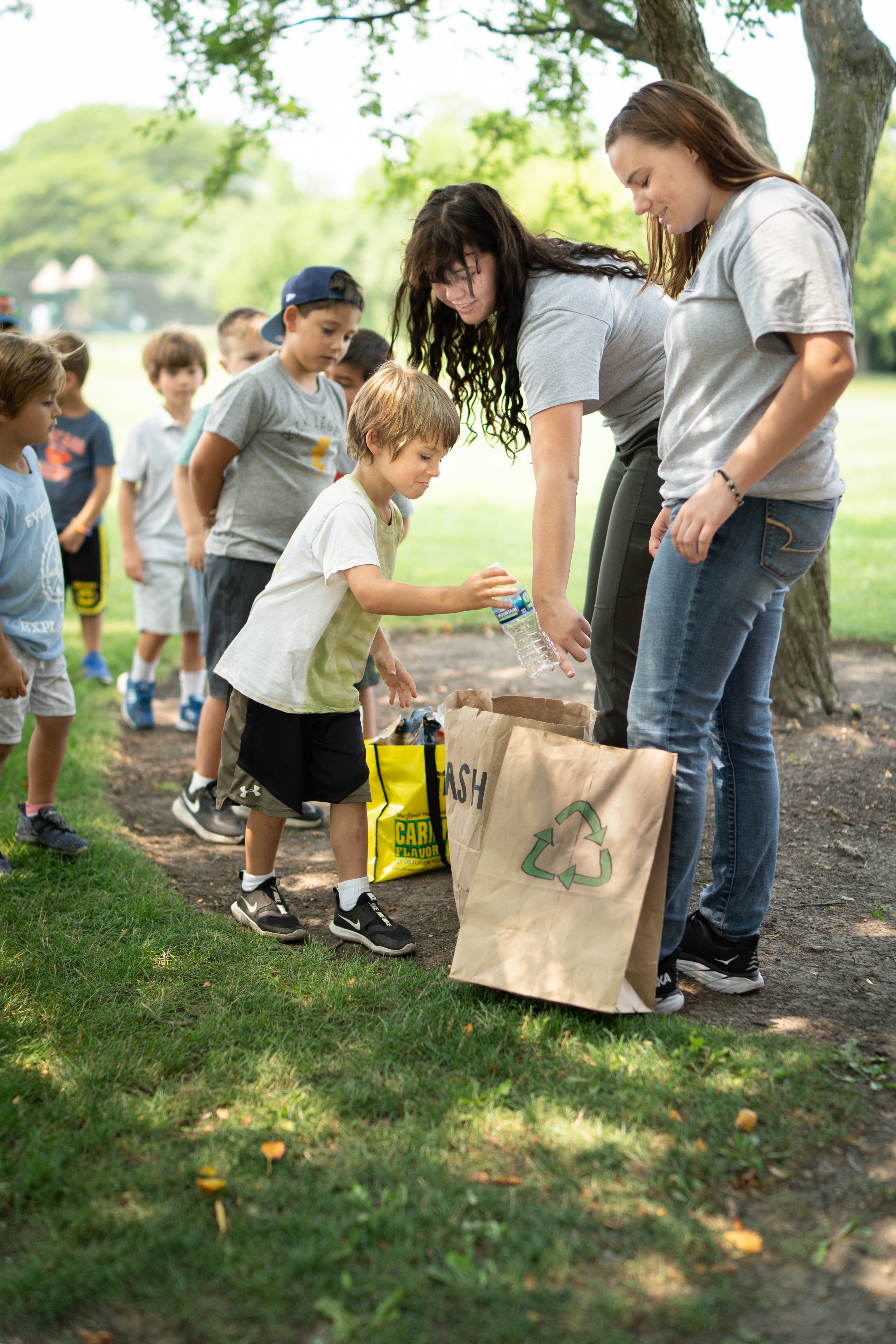
Rethink Recycling Program
Lake Forest, Illinois
Jason Wicha, City Manager
Americans generate more waste per capita than residents of any other country, and municipalities play a critical role in handling it. As cities grow and international political developments affect material markets, communities must find creative solutions to manage their waste flows responsibly and economically.
The city of Lake Forest, Illinois, has provided curbside recycling service since 1991, and single-stream recycling since 2008. From 2000 to 2017, the city averaged $45,000 in revenue per year selling recycling, scrap metal, and electronics to help balance the city’s sanitation budget and offset volatility in waste disposal costs. When Asian restrictions on material imports went into effect in 2017, the city’s net recycling processing costs ballooned to $140,000 in 2018 and exceeded $200,000 in 2019. The city was faced with the decision of potentially reducing recycling services or eliminating its program. However, with more than 90 percent of households actively recycling, the city embraced this challenge by focusing on enhancing the quality of its recyclables to reduce processing costs.
The Rethink Recycling campaign, which launched in January 2020, is a two-year marketing and civic education program aimed to reduce the city’s recycling contamination rate from 25 percent to 10 percent and lower processing costs by 25 percent to achieve an annual savings of $50,000. The campaign leveraged social media, online, and interactive engagement platforms to change recycling behavior using an animated spokesperson, Bart the Cart. The campaign also employed brochures, signage, and support services for face-to-face outreach at schools and youth programs. The campaign focused on four guidelines designed to target the largest contamination culprits:
1. Empty and rinsed.
2. No plastic bags!
3. No Styrofoam or #6 plastics.
4. No tanglers, like extension cords and hangers, which damage sorting equipment.
After 10 months, an audit found that the city’s overall contamination rate had fallen from 25 percent to 19.24 percent. In 2021, interns conducted outreach to schools and youth camps, but because many were canceled due to COVID-19, they shifted to curbside recycling audits. Inspecting curbside bins for contaminated material, identifying common contaminants, tying “Oops!” tags to bins, and communicating with residents. By late 2021, the rate had fallen to just below 16 percent, indicating that the campaign had elevated contamination awareness and encouraged responsible recycling behavior. Not only have contamination rates fallen, but processing costs are also anticipated to drop from a high of $222,400 in 2019 to $135,700 in 2022.
Unfortunately, it was not possible to predict the effects of COVID-19 on the city’s efforts. The city could no longer conduct regular audits with its processor. Businesses and residents used and disposed of more single-use items (plastic bags, cardboard, Styrofoam), and homes were turned into offices and schools, resulting in a greater volume of waste per household. In response, the city adjusted messaging, targeting younger audiences by focusing on environmental benefits over economic considerations, mobilizing door-to-door audits to promote positive recycling behavior, and supplementing online resources with print materials.
Translating policy and vision into real results through efficient and equitable approaches to community challenges is a hallmark of professional local government. The success of the Rethink Recycling campaign depended on an organizational structure that promoted innovation and creativity, organizational alignment between policy goals and resources, data-driven decision-making, and an unrelenting focus on policies that benefit the entire community. Lake Forest’s approach to the recycling challenge illustrates the value of professional local government in reconciling financial and environmental sustainability and promoting the overall welfare of the community. Its success can serve as a model to other municipal organizations whose leaders are determined to do what is right, and not what is easy.
